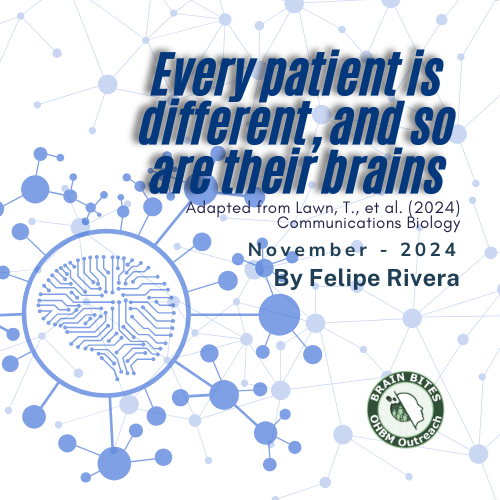
Accessible brain scanning for Alzheimer’s disease
Alzheimer’s disease (AD) is the most common cause of dementia in the world and research has been able to identify brain changes associated with the degenerative process of the disease. Moreover, we now know these changes might be observed in brain scans at the onset of the mildest symptoms or even years before. Even though current treatments are limited, one thing has become clear, the sooner treatment is started the more effective it is. The problem is that brain scanning is not as easy – or cheap – as it might sound. Low-field MRI could be an option for disorders like Alzheimer's disease.

Every patient is different, and so are their brains
A recent study published in Communications Biology by Timothy Lawn and colleagues sought to better understand how brain molecular circuits relate to different symptoms in schizophrenia, bipolar disorder, and attention-deficit hyperactivity disorder (ADHD). Treatment for these three conditions relies on modifying how neurons communicate with one another by making changes in the so-called neurotransmitter systems. Hence, the authors chose a neuroimaging approach called Receptor-Enriched Analysis of functional Connectivity by Targets (REACT) to investigate how neurotransmitter systems influence brain connectivity.